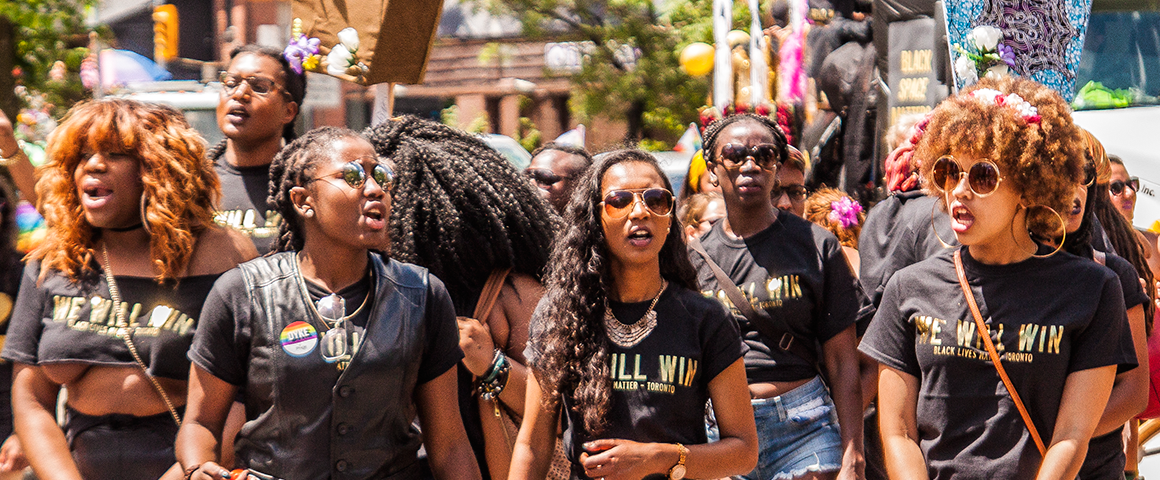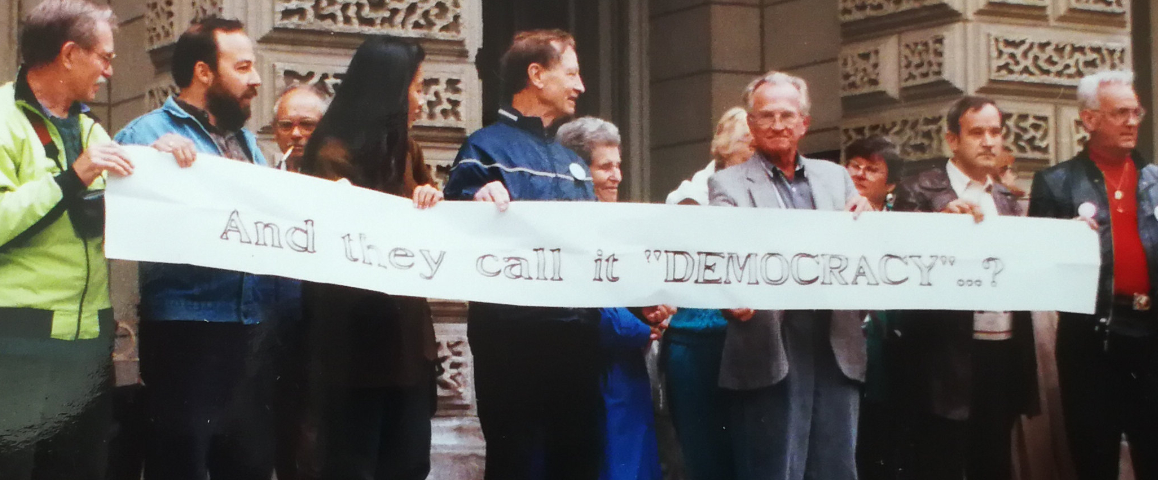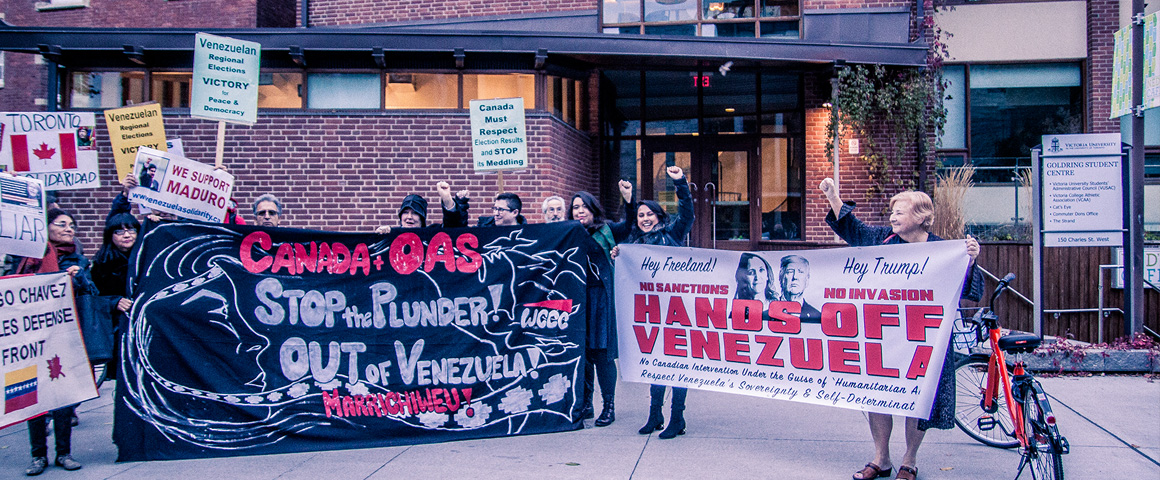Amid the debates over tactics used by Black Lives Matter activists at this year’s Pride Parade in Toronto, one crucial reality must be recognized: white supremacy remains deeply embedded within the ideological structures upholding the Canadian state. To be meaningful, any wider discussion around the strategies of BLM-Toronto, Idle No More, or any other movement advancing the interests of racialized peoples, must acknowledge that anti-racism starts with listening to their voices of resistance, not with condescending lectures about how oppressed peoples should behave.
To those who may be uncomfortable with the blunt statement that racism is as Canadian as maple syrup or three-down football, here are a few sobering facts, courtesy of the Canadian Labour Congress and other sources.
Half of First Nations children live in poverty compared to 17% for other Canadians.
Indigenous workers earn an average of $19,000, compared to $33,000 for other Canadians.
The infant mortality rate is 1.5 times higher for First Nations than other Canadians.
Black males living in Toronto are three times more likely to be stopped and asked for ID by police.
While African-Canadians and indigenous peoples make up 3% and 4.3% respectively of the general population in Canada, they account for 10% and 24% of the federal prison population.
Employers are about 40% more likely to interview a job applicant with an English-sounding name despite identical education, skills and experience.
In 2011, the unemployment rate for visible minority workers was 9.9% compared to 7.3% for non-racialized workers.
Racialized Canadians earn an average of 81 cents to the dollar compared to other Canadians.
Perhaps unaware of these realities, 55 percent of Canadians are satisfied that we have ”overcome” racial discrimination. It’s time to get over the smug attitude that Canada is “better than the U.S.”, and accept that racism must be challenged relentlessly, not papered over.




